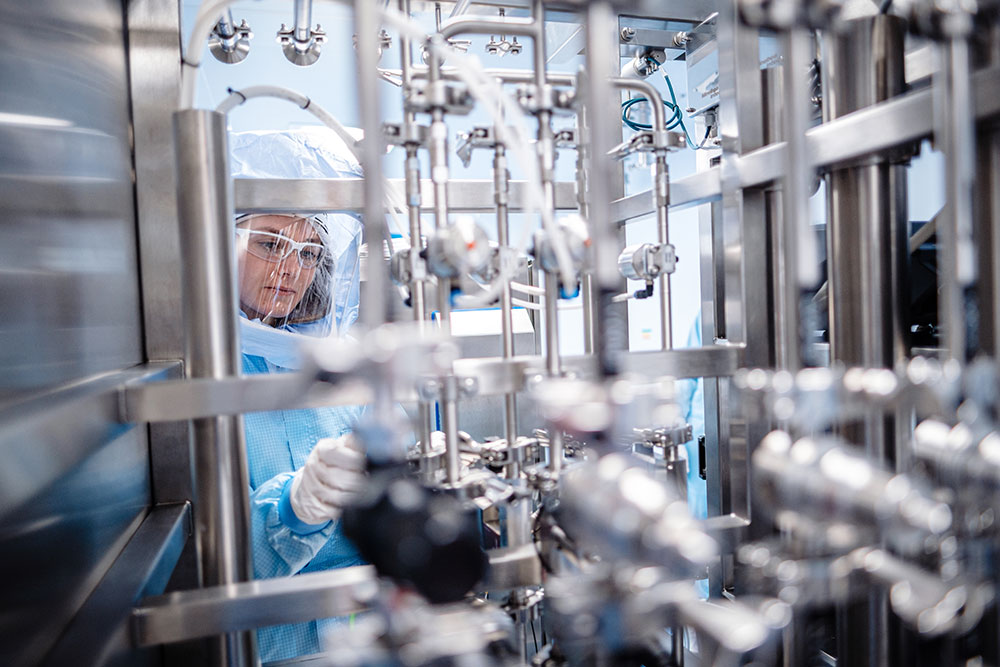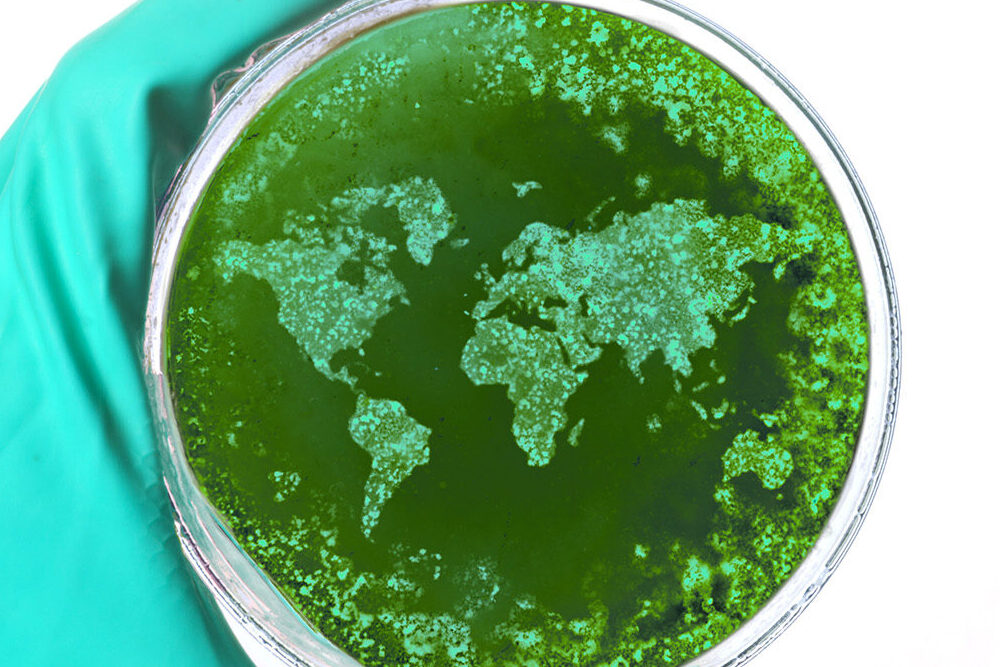In focus: Development & manufacturing of mRNA

NLS asked Dr. Maya Fuerstenau-Sharp, Head of Marketing, Cell Culture Technologies, Bioprocess Solutions, at Sartorius about her experiences of mRNA development and manufacturing, and her view on the field and its potential.
Due to the great progress made during the COVID-19 pandemic, mRNAs are a fast-emerging class of biotherapeutics. These therapies offer a new opportunity for targeted treatment of challenging diseases and flexible manufacturing. However, mRNA is a still-young process modality with diverse challenges.
The potential of mRNA is broad, says Fuerstenau-Sharp, “mRNA is highly multivalent, making it a good candidate for targets with high variation, such as combining strains for COVID and influenza or generating effective cancer vaccines.”
Altogether, mRNA is a powerful new therapeutic class.
Early studies have for example demonstrated the ability for in vivo mRNA delivery to create CAR-T cells to treat cancer and heart disease. She says, “mRNA can also turn cells in the body into factories for functional proteins or antibodies. Altogether, mRNA is a powerful new therapeutic class.”
Fuerstenau-Sharp and her colleagues at Sartorius offer equipment for mRNA therapeutics process development, manufacturing and analysis. They have created new analytical chromatography tools to address the developing analytical methods for both development and process characterization.
“We have published data on generating GMP mRNA in volumes as low as 100mL in our rocking motion bioreactor, which is useful for indications like cancer vaccines that require very low process volumes. These types of activities will enable our customers to unleash the full potential of mRNA from personalized medicines to global-scale vaccinations,” she describes.

USA: USD 500 million in funding for mRNA vaccine contracts canceled
Health and Human Services (HHS) Secretary Robert F. Kennedy Jr. announced the cancellation of contracts and grants earmarked for the development of mRNA vaccines.
Challenges for mRNA development and manufacturing include the cost of raw materials, the yield of reactions that produce mRNA, and scale of manufacturing processes to meet emerging indications.
Challenges for mRNA development and manufacturing include the cost of raw materials, the yield of reactions that produce mRNA, and scale of manufacturing processes to meet emerging indications, explains Fuerstenau-Sharp.

“In vitro transcription reactions have expensive enzymes and reagents, which cause the cost per volume to be drastically higher than traditional biological manufacturing. This high raw material cost means that development work done in traditional bioprocessing equipment, which is comparatively oversized, is highly expensive,” she says.
Together with her colleagues she has been working hard to create publicly accessible methods to increase productivity, lower the scale of GMP manufacturing and decrease the cost of goods necessary to produce IVT batches.
“Additionally, stability and tissue-specific targeting remain areas for improvement and we have launched a set of novel cationic lipid nanoparticles as a step towards addressing these challenges,” describes Fuerstenau-Sharp.
New RNA classes, such as self-amplifying (saRNA) and circular (circRNA), have distinct advantages over traditional mRNA.”
Current trends within mRNA development and manufacturing include new indications, new RNA sub-classes and smaller process volumes. The multivalency of mRNA makes it highly suitable for personalized medicine like cancer vaccines, believes Fuerstenau-Sharp.
“New RNA classes, such as self-amplifying (saRNA) and circular (circRNA), have distinct advantages over traditional mRNA. The saRNA is more efficient and requires a lower dosage to achieve the same effect. The circRNA is less sensitive to degradation and has a longer-term expression profile in the body. These new technologies require significantly smaller process volumes than traditional biopharma due to the nature of personalized indications and highly efficient RNA molecules,” she says.

Katalin Karikó: “Decades and decades of work were involved”
Scientific research demands years, sometimes a lifetime’s worth, of persistence. One of the 2023 Nobel Prize winners in Physiology or Medicine, Dr. Katalin Karikó, PhD, has shown more determination than most. Despite a series of setbacks, she forged ahead on messenger RNA research that contributed to a vaccine for the COVID-19 virus.
Finally I ask Maya Fuerstenau-Sharp what areas she thinks will benefit next from the nucleoside-modified mRNA technology.
“Nucleoside-modified mRNA elicits a reduced immune response while increasing target protein production. This makes it a promising candidate for continued adoption across all mRNA fields, including vaccines, cancer therapy, and regenerative medicine,” Fuerstenau-Sharp concludes.
Updated: September 24, 2025, 01:25 pm
Published: August 7, 2025












